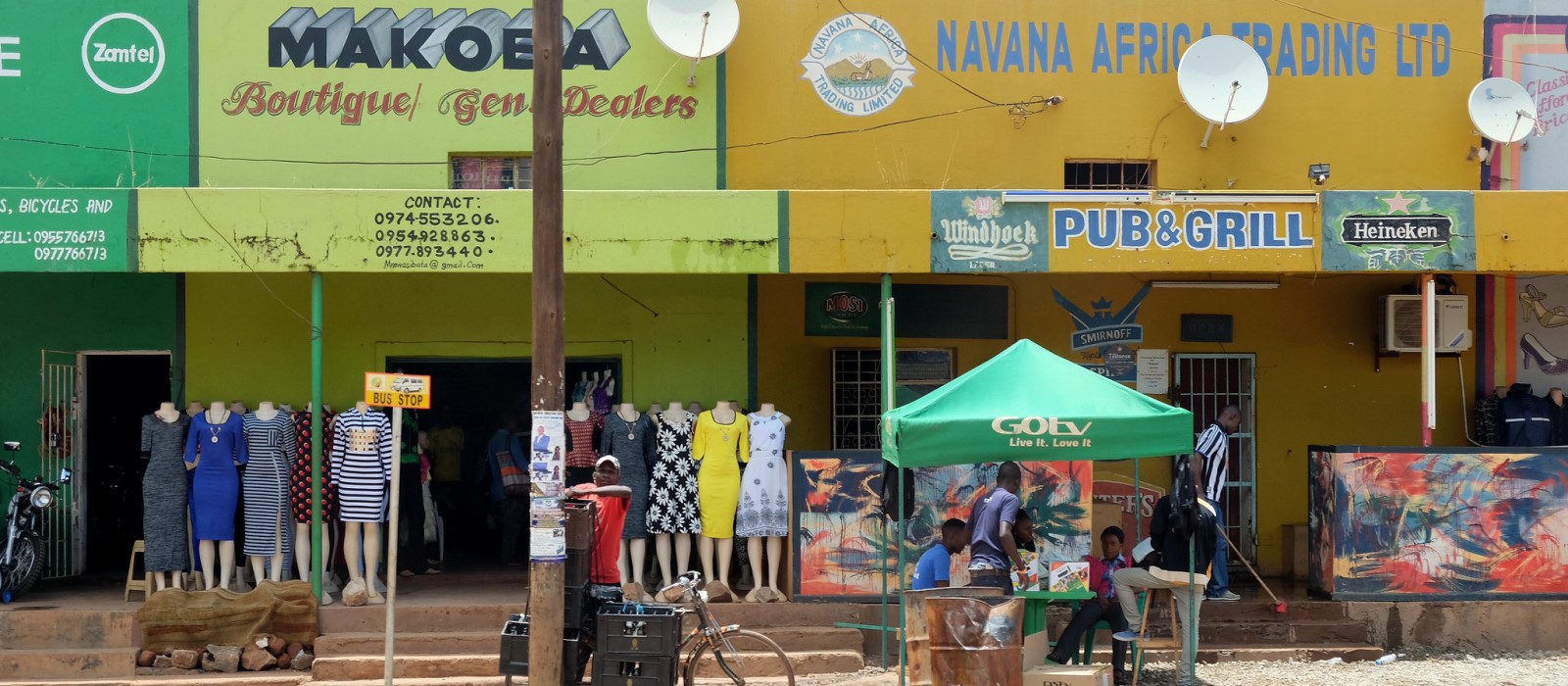Kinship Pressure and Firm-Worker Matching Distortions

Women sorting out maize seed | CIMMYT/Kipenz Films via Flickr
Policy Context
Social norms or mutual insurance arrangements may be a key determinant of the propensity to hire family into businesses, and may be a key contributor to less productive worker-firm matches. Literature in anthropology suggests that firms hire relatives not as the optimal response to contracting frictions, but rather as a result of mutual insurance arrangements (Kennedy 1988, Akyeampong et al.2014). In these accounts, firms are often reluctant to hire relatives, who are often worse employees than non-relatives due to negative selection (less able relatives request jobs) and greater moral hazard (firm owners find it difficult to levy sanctions on their relatives).
Study Design
This study offers business owners a subsidy to hire an additional employee and to use a public-private design to see how the valuation of relative employee candidates changes when employers know this will be publicly observed. The experiment will proceed in three visits between enumerators and local business owners.
Results and Policy Lessons
Preliminary analysis of the experiment with rural employers suggests the following: first, when employer’s choice of who to hire is signaled to employees, they are more likely to choose individuals they are related to. Consistent with the researcher’s hypothesis that there is (undesirable) social pressure to hire relatives, the proportion of relatives hired decreases when employers have the opportunity to hide their choice. In addition, the researcher collected supplemental data that is consistent with this change being driven by employers fearing sanctions for not choosing their relative. Employers report both relatives and non-relative employees (generally) expecting them to choose their relative employee, and report fearing sanctions if they choose their non-relative as opposed to their relative. Consistent with this, when given the choice of whether they prefer their choice to be public or private, most employers prefer not to signal their choice.
Second, the returns to hiring a relative for this task appear to be lower than hiring a non-relative. Non-relative employees shell more bags of maize than relative employees. At the end of the second day of shelling maize the researchers bought a sample of the maize shelled from the employer and sold it to local vendors in town. The price of maize shelled by relatives was also more likely to be bought at a discount by vendors because of poor quality work during the shelling.
Finally, this difference in performance appears to be driven by a negative match specific effect, rather than differences in ability.



